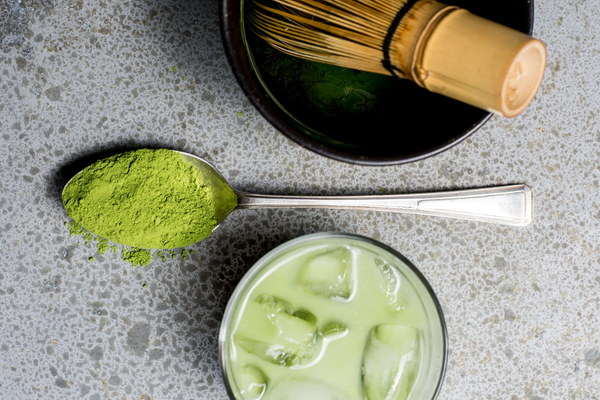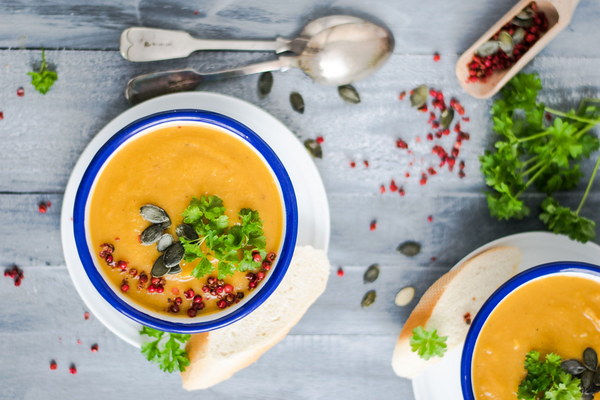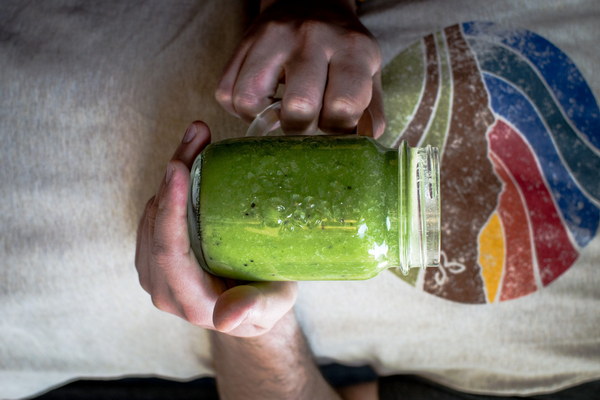Unveiling the Art of Traditional Chinese Medicine A Career in Herbal and Nutritional Cuisine
In a world where health and wellness are at the forefront of everyone's mind, the role of a herbal and nutritional cuisine specialist, often referred to as a Medicinal Chef, has emerged as a unique and vital profession. This article delves into the fascinating world of medicinal cuisine, exploring the responsibilities, skills, and the profound impact this career has on promoting holistic health.
Introduction: The Essence of Medicinal Cuisine
Medicinal cuisine, or Yao Shan, is an ancient practice deeply rooted in Traditional Chinese Medicine (TCM). It involves the preparation and consumption of food that not only satisfies the palate but also promotes health and prevents disease. As a medicinal chef, your role is to blend the principles of TCM with culinary expertise to create dishes that cater to individual health needs.
Responsibilities of a Medicinal Chef
1. Understanding TCM Principles: You must have a solid grasp of TCM's philosophy, including the concept of Yin and Yang, the five elements, and the 12 meridians. This knowledge is crucial for creating balanced and harmonious dishes.
2. Herbal Selection: A medicinal chef must be well-versed in the properties of various herbs and spices. This includes understanding their therapeutic effects, contraindications, and proper preparation methods.
3. Recipe Development: Crafting recipes that align with TCM principles requires creativity and precision. You will need to balance flavors, textures, and nutritional values to ensure that the dishes are both enjoyable and beneficial.
4. Food Preparation: Your culinary skills are essential for transforming raw ingredients into healing meals. This includes knowledge of cooking techniques that preserve the medicinal properties of the ingredients.
5. Client Consultation: As a medicinal chef, you will often work closely with clients to understand their health concerns and dietary restrictions. This requires excellent communication skills and the ability to tailor recipes accordingly.
6. Training and Education: Continuous learning is a part of this profession. Staying updated with the latest research in TCM and nutrition is vital to provide the best possible care.
Skills Required
1. Culinary Expertise: A strong foundation in cooking techniques and food presentation is essential.
2. Knowledge of TCM: A comprehensive understanding of TCM principles and herbal medicine.
3. Attention to Detail: Accuracy in recipe creation and adherence to health and safety standards.
4. Communication Skills: The ability to effectively communicate with clients and colleagues.

5. Creativity: The ability to develop innovative recipes that are both healing and delicious.
The Impact of Medicinal Cuisine
Medicinal cuisine has the power to transform lives. By integrating the principles of TCM into everyday eating habits, individuals can experience improved health, vitality, and overall well-being. The role of a medicinal chef is not just about preparing food; it's about providing a service that promotes a deeper understanding of health and wellness.
Conclusion: A Fulfilling Career Path
Embarking on a career in medicinal cuisine is a rewarding journey that combines the art of cooking with the science of health. It offers the chance to make a meaningful impact on the lives of others while exploring the rich tapestry of Traditional Chinese Medicine. As the demand for holistic health solutions continues to grow, the role of the medicinal chef will undoubtedly become more significant, making it an exciting and fulfilling career choice for those passionate about both food and wellness.









